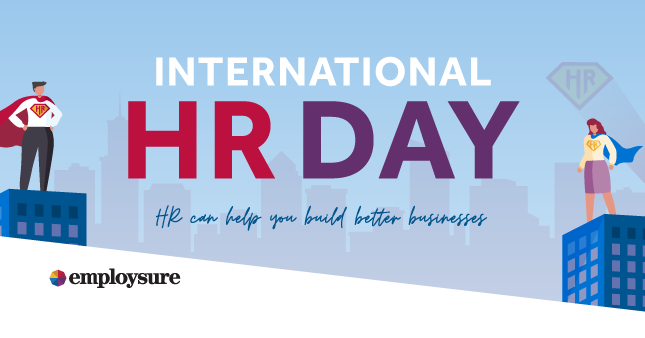
The New Zealand Government made an announcement that minimum wage will rise to $22.70 per hour from 1 April 2023. This is an increase of $1.50 per hour from the current hourly rate of $21.20. While the hike is seen and a major step forward for countless employees; small business owners across the country are wondering about the ripple effects it may have.
Wage bills are one of the biggest costs of running a business. [1]With inflation hitting its highest level in 33 years, Employsure says it will be small business owners who will feel the greatest impact of the minimum wage hike. This will impact all businesses, across all industries, who pay at the current minimum wage. While this is seen as a win and a major step forward for countless employees; many small business owners will be thinking about their own prospects of continually being able to operate a small business. is fast becoming a distant memory. It is not hard to imagine the added stress and burden on their shoulders as they grapple with the increase.
“It’s easy for some to say the impact of a wage rise is inconsequential, but it is small and medium businesses who struggle to offset the costs, especially those who have been decimated by the events of the past three years,” said Laurence McLean, Employsure New Zealand Associate Director.
“We receive thousands of calls to our employer advice line every month, and many of these calls are regarding employee entitlements and we anticipate our call volume to now increase following this minimum wage announcement.”
“The cost of doing business just become even more challenging as mandatory wage increases are introduced, and small business employers sometimes need to reduce the number of staff to keep up with rising costs or increase their prices.”
“As we’ve seen with recent [2]rising inflation, this increase combined with other business pressures; could have a domino effect with product and service prices being eventually passed onto customers- essentially making goods and services more expensive and putting small businesses at risk of fierce competition.”
“Regardless, over the next month and a half, we recommend employers educate themselves on the changes to the minimum wage hike, and update their payroll systems and processes to avoid the risk of underpaying employees when the increase kicks in. If they have trouble understanding what employees are entitled to, contact Employsure,” Mr McLean concluded.
Any increase in the Minimum Wage has an impact on all wage rates, not just those at the bottom. However, the additional reality is any increase at the bottom evidently increases all rates that are then just passed onto the consumer.
[1] New Zealand inflation hits 7.3%, the highest rate since 1990 | New Zealand | The Guardian



